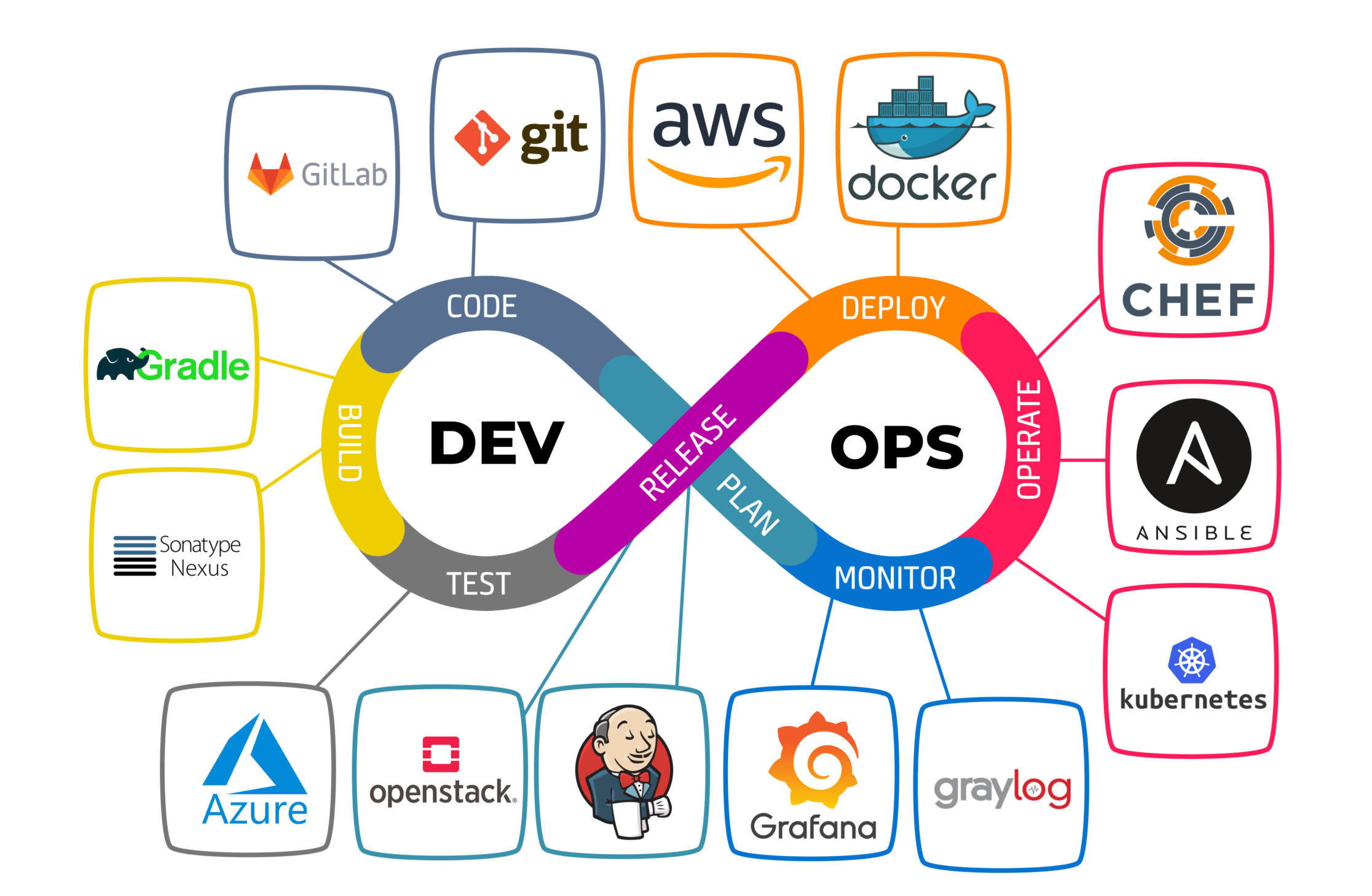What is DevOps?
 Paresh Rathod
Paresh Rathod
DevOps is a set of practices, principles, and cultural philosophies that aim to improve and streamline the collaboration and communication between software development (Dev) and IT operations (Ops) teams. The primary goal of DevOps is to enable organizations to deliver high-quality software applications and services more rapidly, reliably, and efficiently. It promotes a more automated, collaborative, and agile approach to software development and IT operations.
What is Automation, Scaling, and Infrastructure?
Automation, scaling, and infrastructure are fundamental concepts in the world of information technology and operations, particularly in the context of cloud computing and DevOps. Let's explore each of these concepts:
Automation:
Definition: Automation refers to the use of technology and software to perform tasks, processes, or operations with minimal human intervention. It involves creating scripts, workflows, or algorithms that can execute repetitive, time-consuming, and error-prone tasks automatically.
Importance: Automation is essential in DevOps and IT operations because it accelerates processes, reduces the likelihood of human errors, and ensures consistency. It is a core principle of DevOps, allowing for continuous integration, continuous delivery, and the efficient management of infrastructure.
Scaling:
Definition: Scaling, in the context of IT and cloud computing, is the process of adjusting the capacity or resources of a system to accommodate changes in workload or demand. Scaling can be both vertical (increasing the resources of a single machine) and horizontal (adding more machines or nodes to a system).
Importance: Scaling is critical to ensure that applications and services can handle varying levels of load and traffic. It enables organizations to maintain performance, availability, and responsiveness as demand fluctuates, without overprovisioning or overspending on resources.
Infrastructure:
Definition: Infrastructure typically refers to the underlying hardware and software components that support the operation of an IT system. In the context of cloud computing, it often includes servers, storage, networking, and virtualization resources. Infrastructure can be physical (on-premises) or virtual (cloud-based).
Importance: Infrastructure is the foundation on which applications and services run. Cloud infrastructure provides flexibility and scalability, making it easier for organizations to adapt to changing requirements. Infrastructure as Code (IaC) is a DevOps practice that treats infrastructure configuration as code, allowing for automated provisioning and management.
Why DevOps is important?
DevOps is important for several reasons, and its significance has grown as organizations seek to remain competitive, deliver high-quality software, and adapt to the demands of the digital age.
Subscribe to my newsletter
Read articles from Paresh Rathod directly inside your inbox. Subscribe to the newsletter, and don't miss out.
Written by
